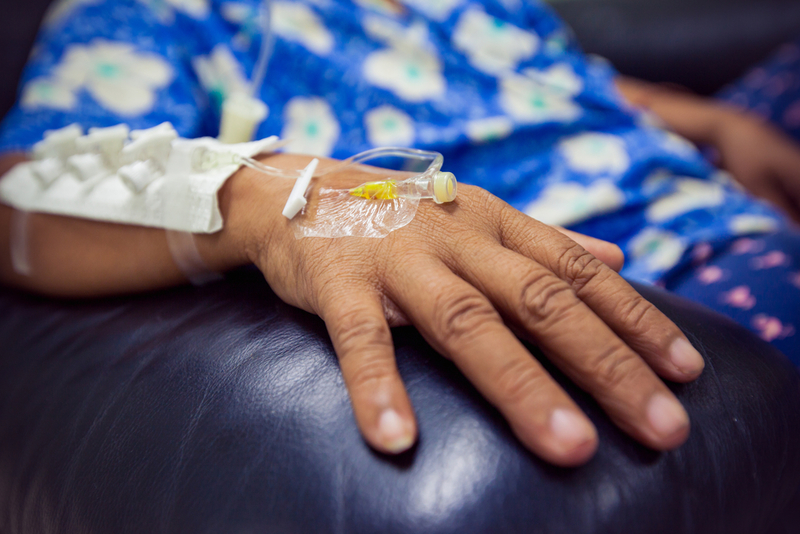OS same for concurrent & sequential treatment in HER2+ breast cancer: JAMA
The University of Texas MD Anderson Cancer Center News Sep 10, 2018
New research in women with HER2+ breast cancer found no difference in disease-free survival (DFS) and overall survival (OS) when receiving anthracycline-based chemotherapy and trastuzumab concurrently or sequentially in the neoadjuvant setting.

Findings from The University of Texas MD Anderson Cancer Center-led study published today in JAMA Oncology. The phase 3 study was conducted through the American College of Surgeons Oncology Group (ACOSOG), now the Alliance for Clinical Trials in Oncology.
The new research is follow-up to a phase 3 MD Anderson-led study that found these patients also can achieve a high pathological complete response (pCR), or no evidence of disease at the time of surgery, when the same therapy regimen is given sequentially. Receiving the combination sequentially rather than concurrently eliminates the known cardiac toxicities associated when chemotherapy and HER2 therapy are given at the same time.
According to the American Cancer Society, more than 252,000 women are expected to be diagnosed with breast cancer in 2018; approximately 20% of those will have HER2+ disease. Once a breast cancer subtype with a dismal prognosis, MD Anderson has been at the forefront of practice-changing clinical research and survival outcomes for these women. In 1999, the institution conducted the first neoadjuvant clinical trial that demonstrated the disease could be eradicated in almost 60% of patients when combination chemotherapy and trastuzumab was given concurrently.
“Our findings from both studies allow for all women with this class of breast cancer to be spared of cardiotoxicities associated with anthracycline and trastuzumab given at the same time,” says Kelly Hunt, MD, Professor and Chair, Breast Surgical Oncology, and the study’s corresponding author. “The research also offers physicians definitive clinical guidance. Many have opted to treat with a more aggressive approach because the patient’s disease was a higher stage, or because of the woman’s young age. Our study confirms that for HER2+ breast cancer patients, less is more.”
-
Exclusive Write-ups & Webinars by KOLs
-
Daily Quiz by specialty
-
Paid Market Research Surveys
-
Case discussions, News & Journals' summaries